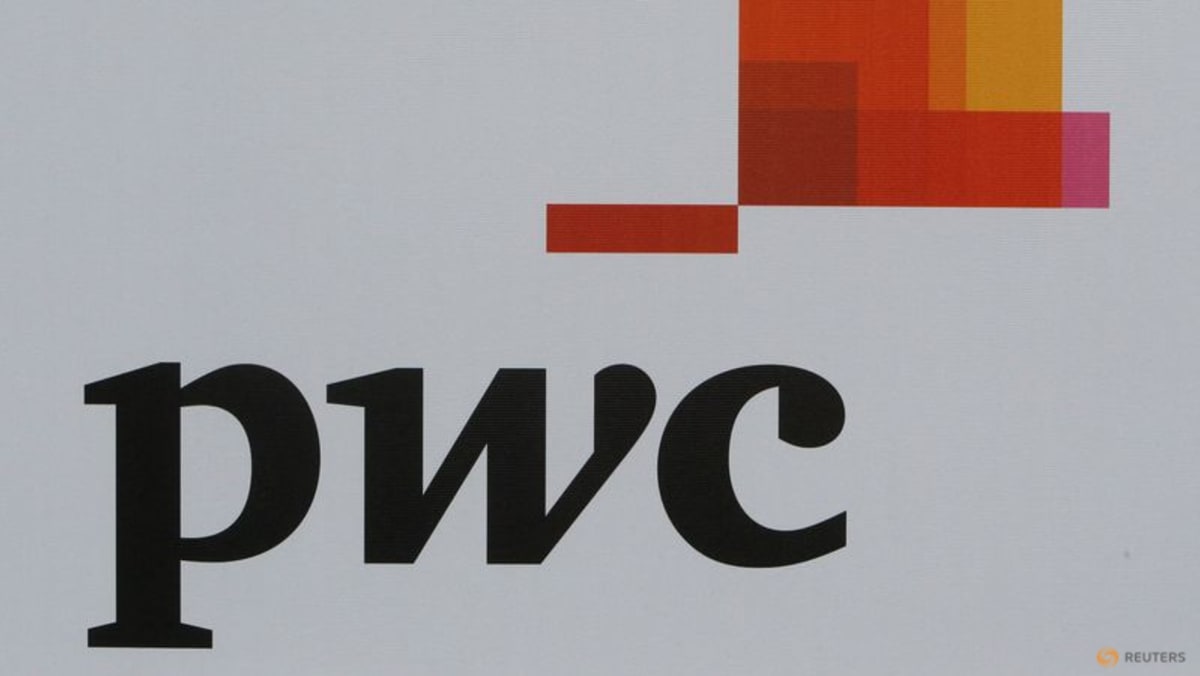Uber, Facebook linked to PwC Australia tax schemes based on leaked government plans
SYDNEY : PwC Australia advised Uber and Facebook how to restructure in face of an Australian law clamping down on tax avoidance, but both companies said on Friday they were surprised to find out PwC’s advice may have been based on leaked government plans.
The “big four” firm is under pressure to name all the clients it advised on the basis of confidential government tax plans leaked by a former partner between 2014 and 2017 while consulting for the government on international taxation.
Citing two sources, Reuters reported on Wednesday Google had received confidential information from a former PwC employee confirming the likely Jan. 1, 2016 start date of Australia’s Multinational Anti-Avoidance Law (MAAL) after there had been calls from a number of organisations to delay the legislation.
Uber and Facebook on Friday said they had received advice from PwC Australia about the law.
Facebook said it turned to PwC after the draft legislation was released, which was in September 2015, while Uber did not spell out the timeline of when PwC began advising it. However, both companies expressed surprise about the firm’s breaches of government confidentiality.
“We had no knowledge their advice may have been based on improperly obtained information,” an Uber spokesperson said.
Uber dropped PwC Australia as a tax adviser in 2016 after “engagements” with the Australian Tax Office, the spokesperson added. Uber then restructured its tax affairs in 2017.
Facebook said it was one of the first multinationals to restructure to comply with the tax avoidance law.
“Facebook did not seek advice from PwC on how to comply with the MAAL until after Treasury issued the draft legislation, which is why we were surprised to learn of PwC’s alleged conduct,” the spokesperson said.
Uber and Facebook’s links to PwC on the leaked tax plans were first reported by the Australian Financial Review on Friday.
A PwC Australia spokesperson said the matter “was a PwC issue” and its “clients were not involved in any wrongdoing and no confidential information was used to enable clients to pay less tax.”
First revealed in January, a national scandal that lawmakers are probing and Australia’s Treasury has referred to police to investigate is beginning to spill beyond its borders.
A cache of 144-pages of PwC emails publicly released by the Tax Practioners Board in May details how the former tax partner shared with colleagues confidential government tax plans, which they then used to drum up work with companies overseas.
One of the released emails dated Jan. 6, 2016 mentioned a “north American project” that had 14 unnamed companies as clients. Australian lawmakers have requested the firm name all 14 companies.
PwC Australia has reported the breach to the U.S. accounting watchdog, the Public Company Accounting Oversight Board (PCAOB), which requires accounting firms to report legal or compliance issues, a spokesperson for the firm said.
The PCAOB cannot comment on inspection or enforcement matters, including whether or not they have been initiated, a spokesperson told Reuters.
For all the latest business News Click Here

